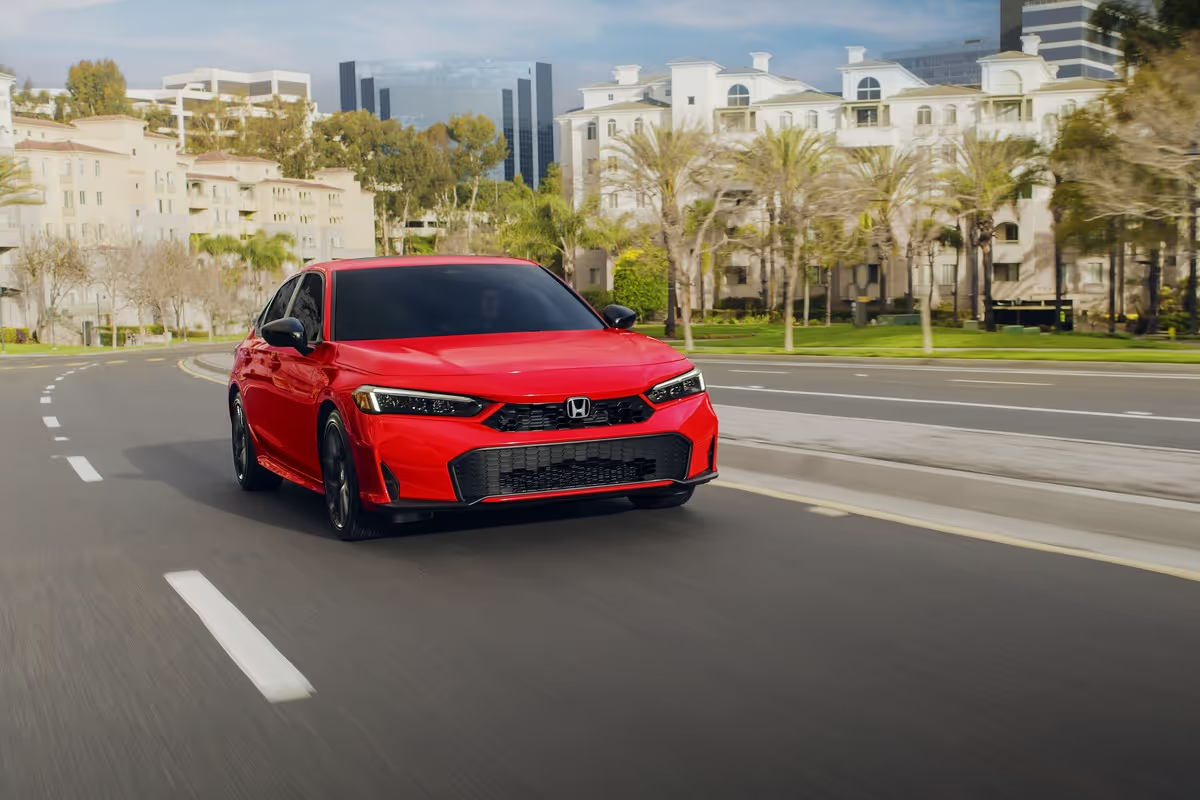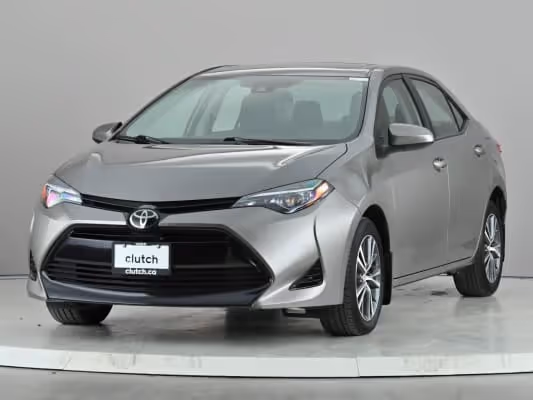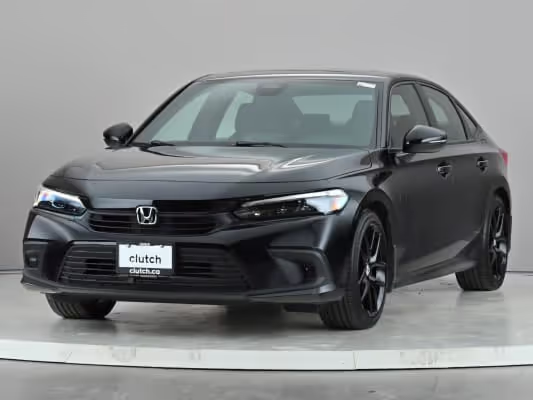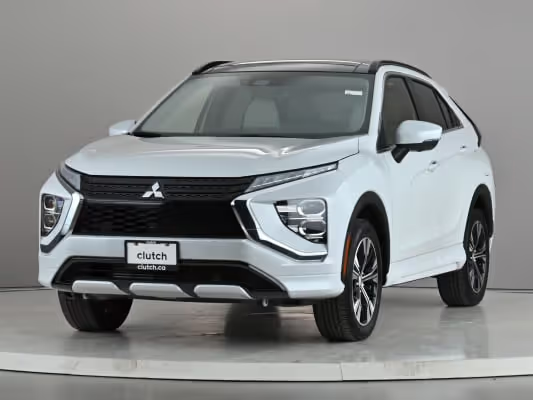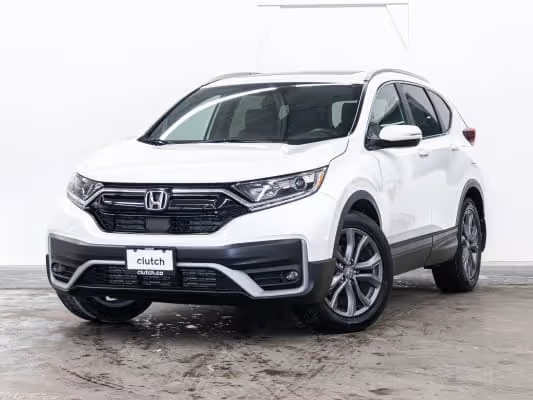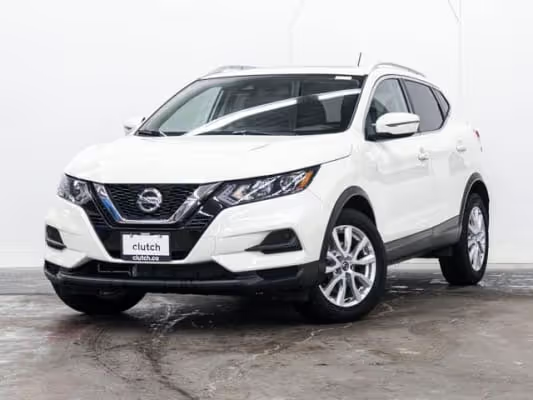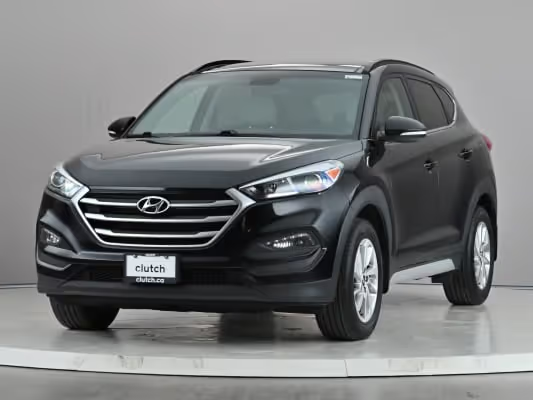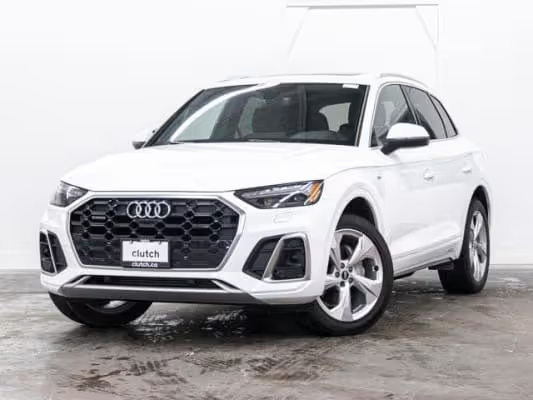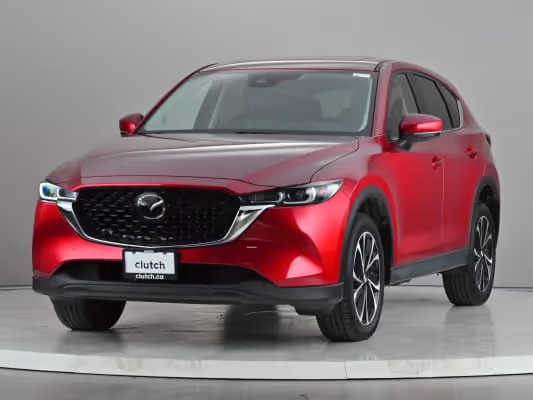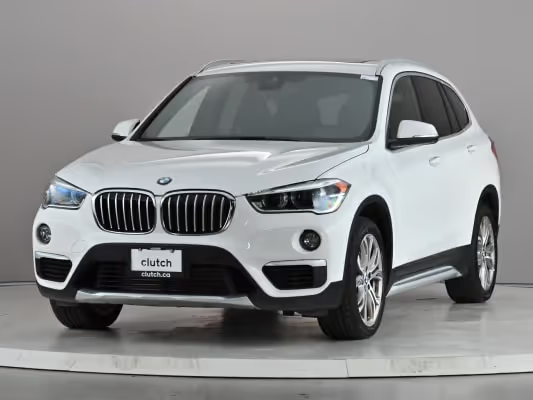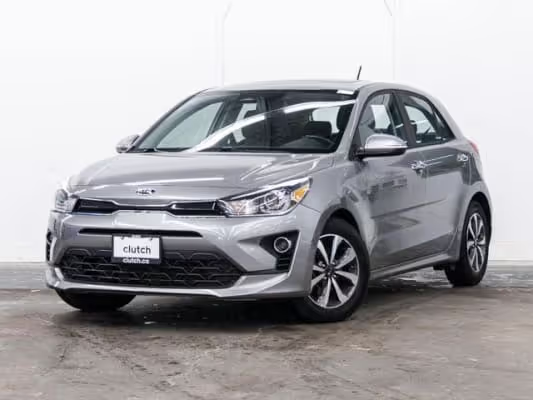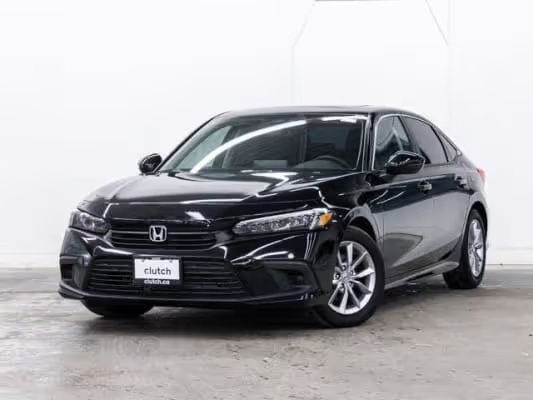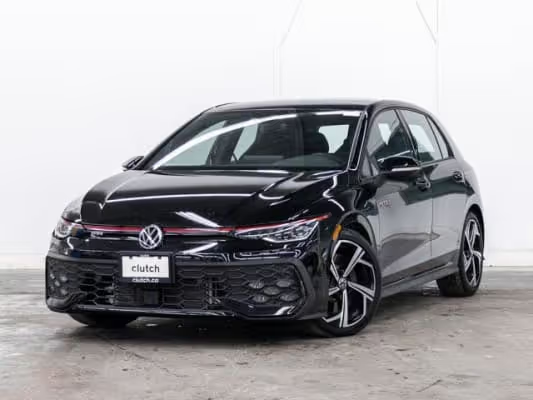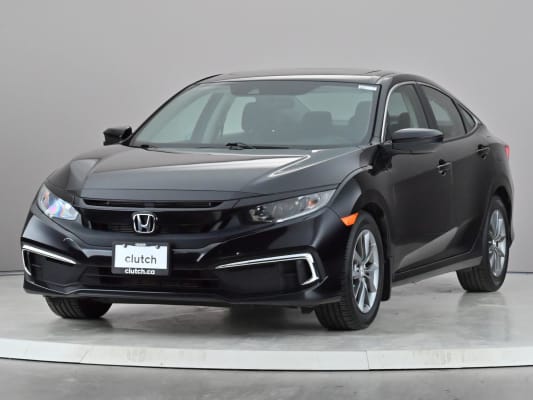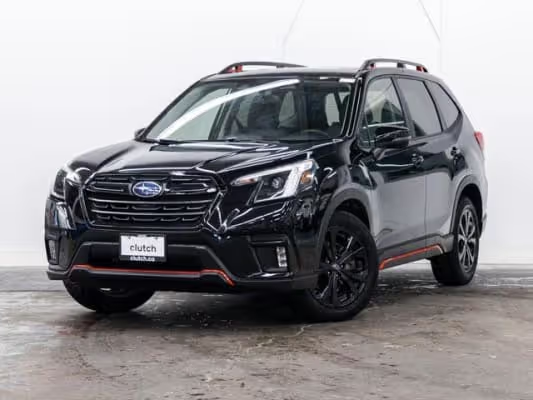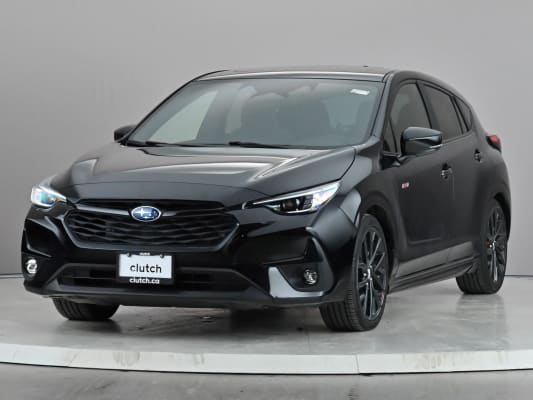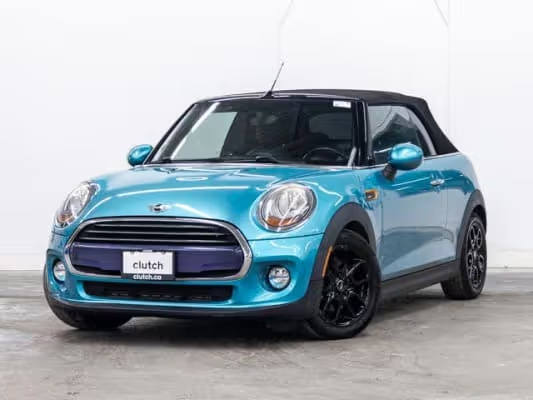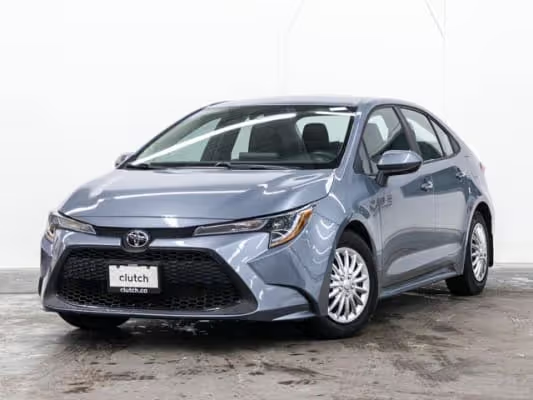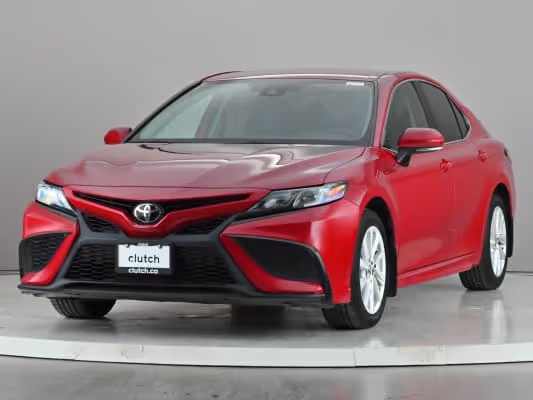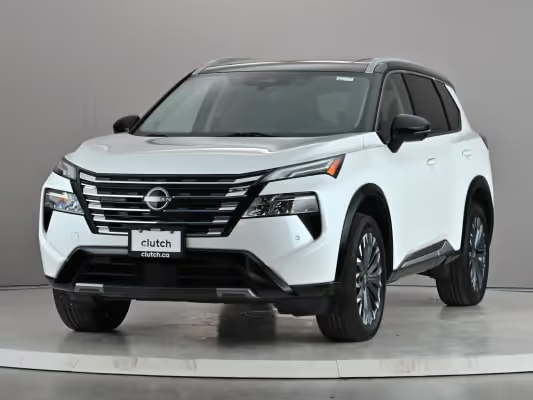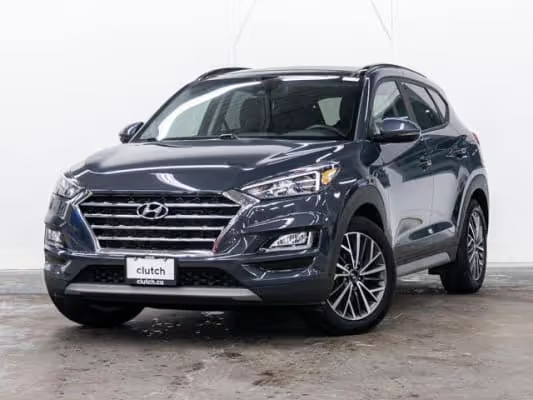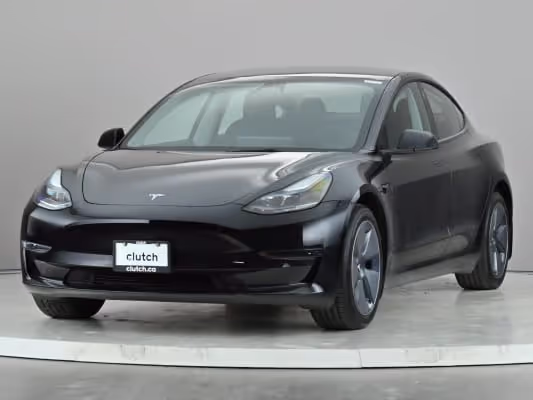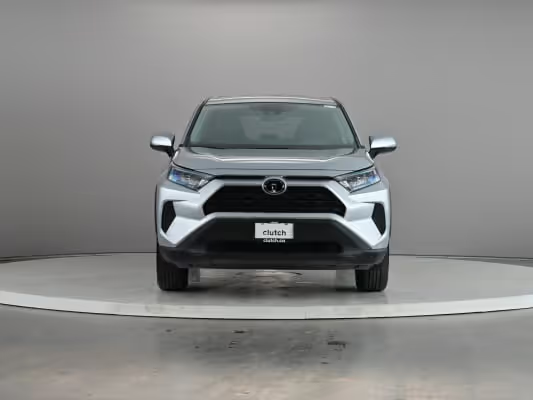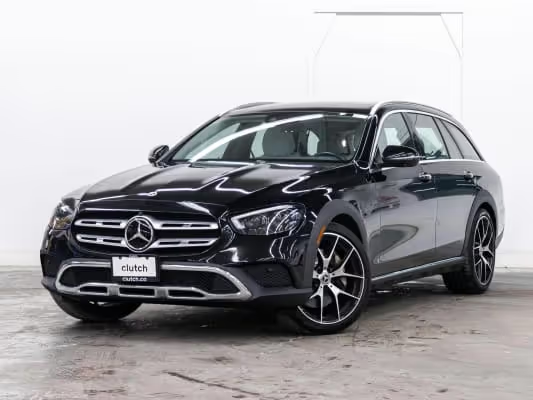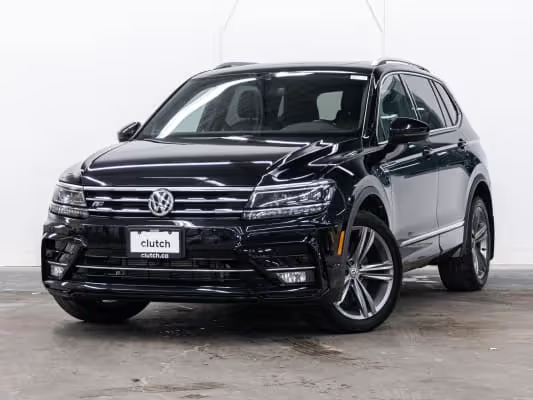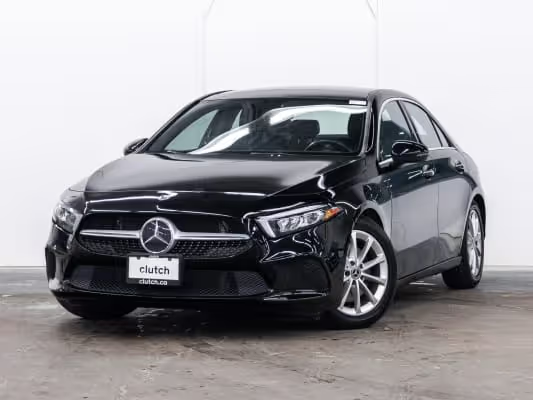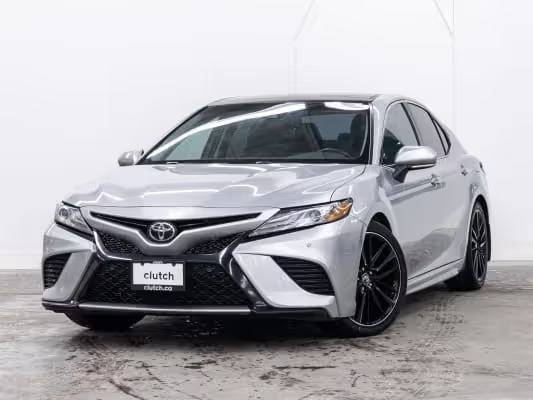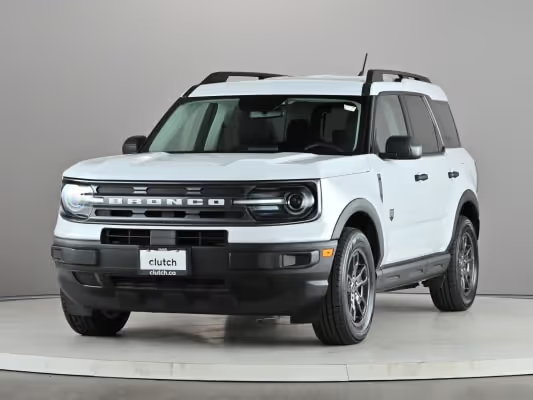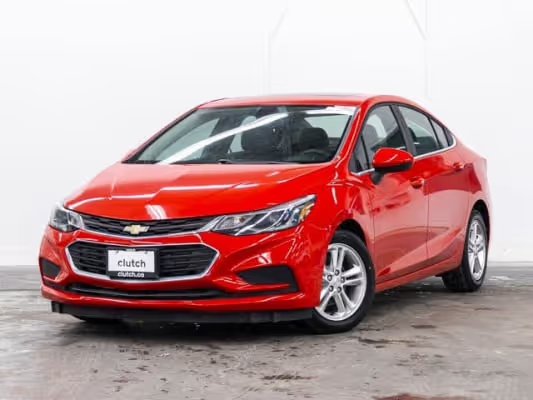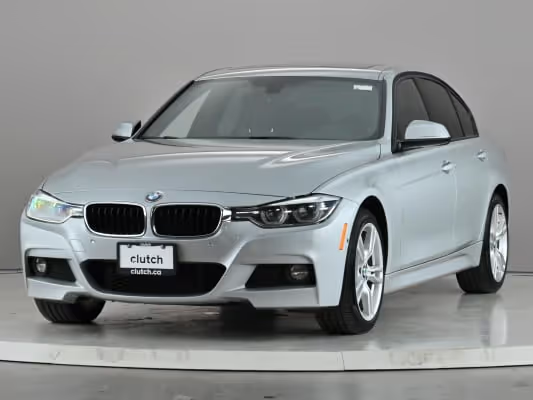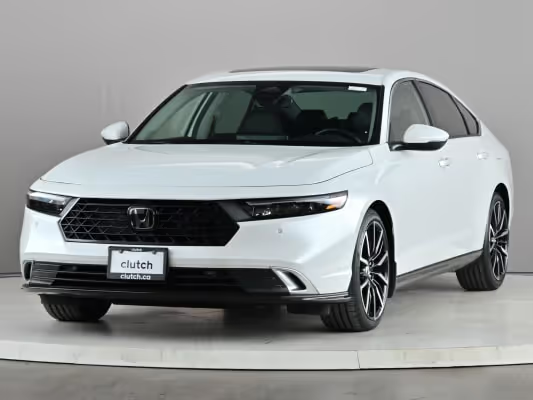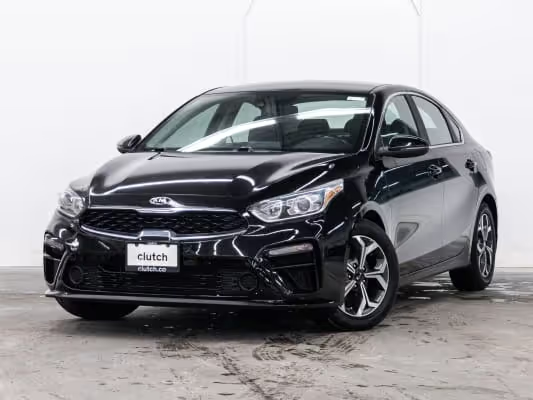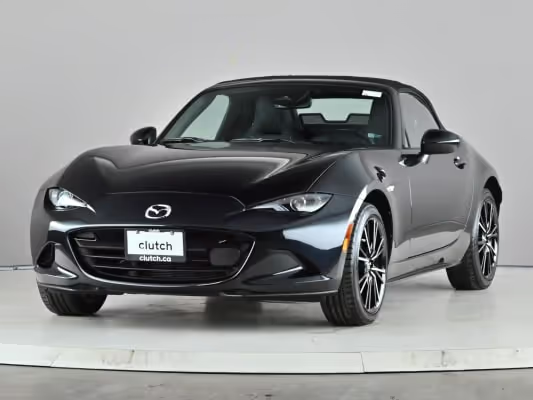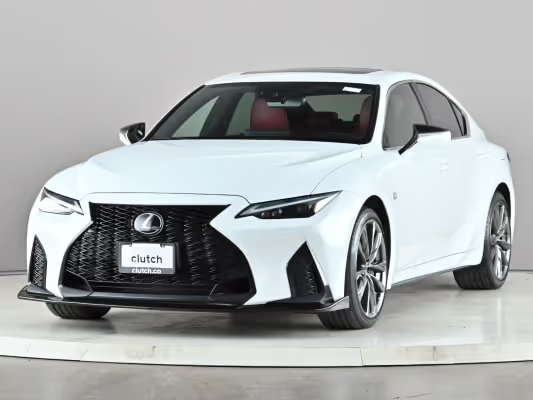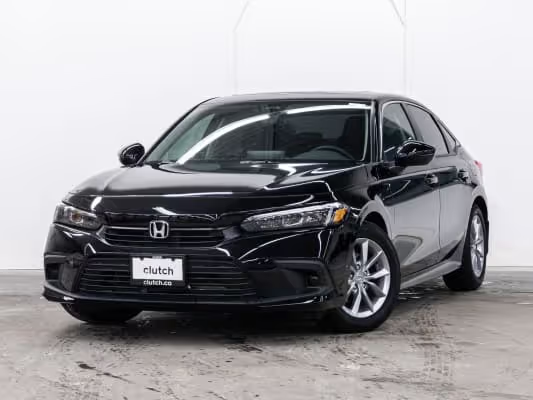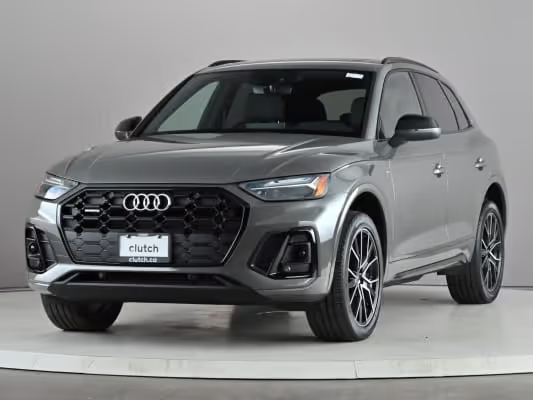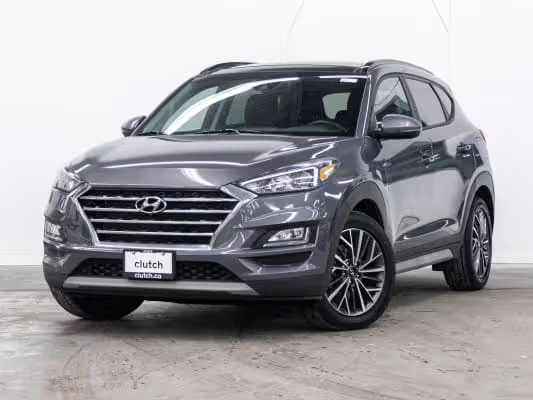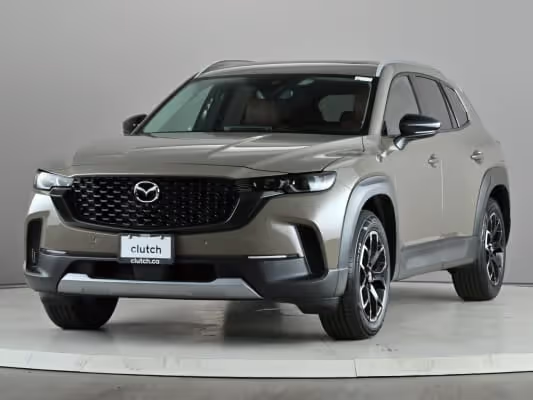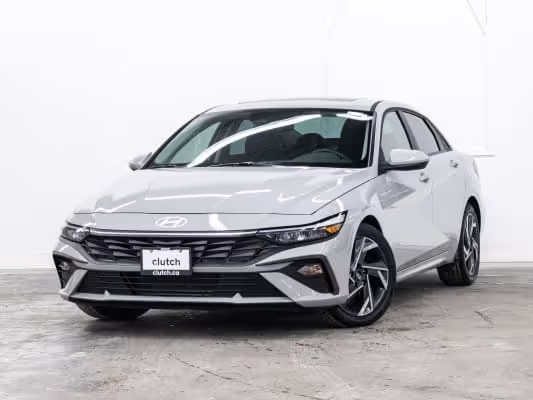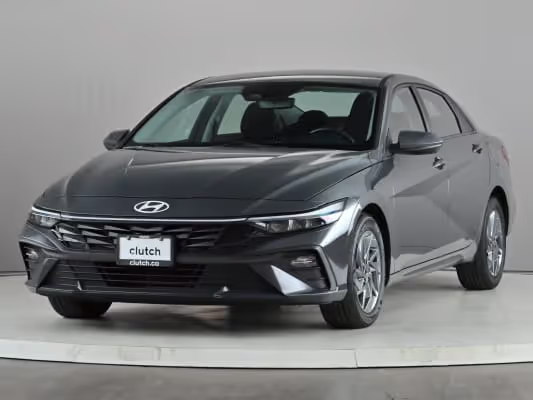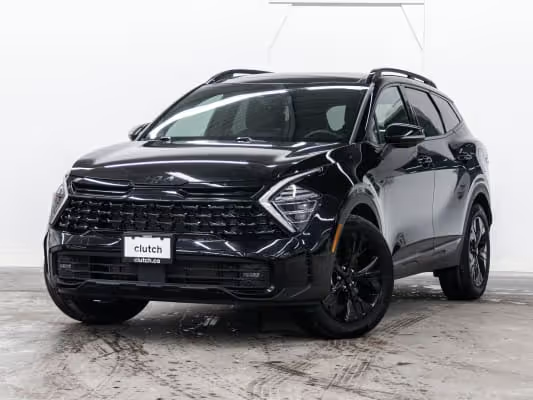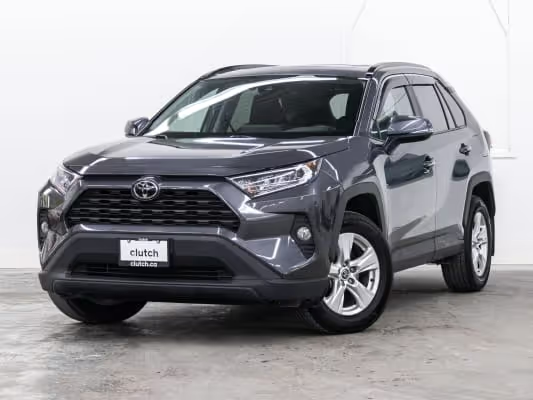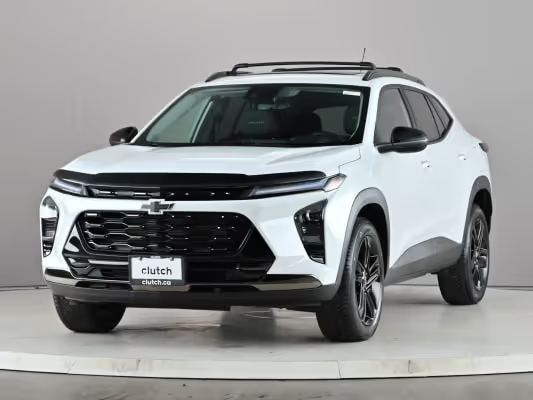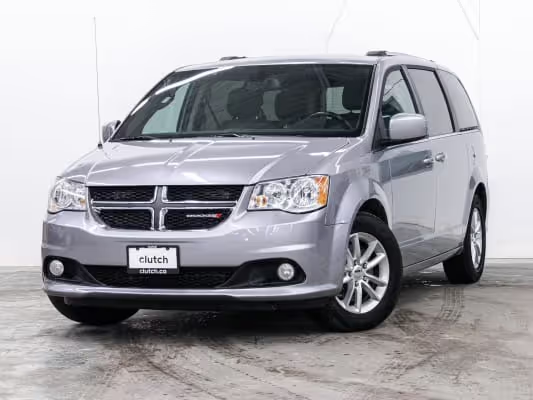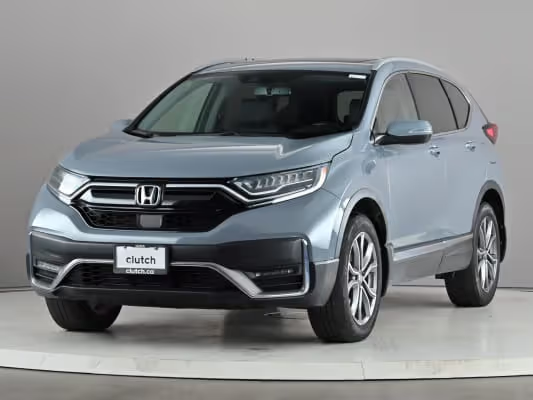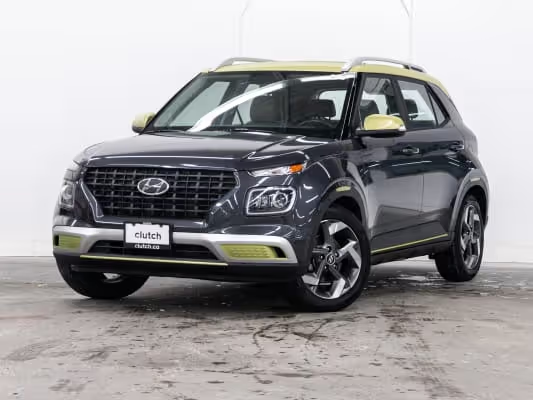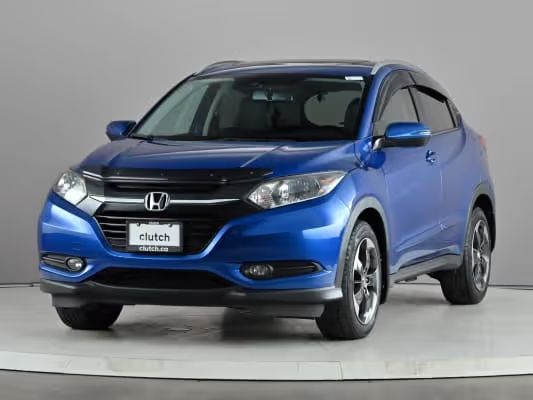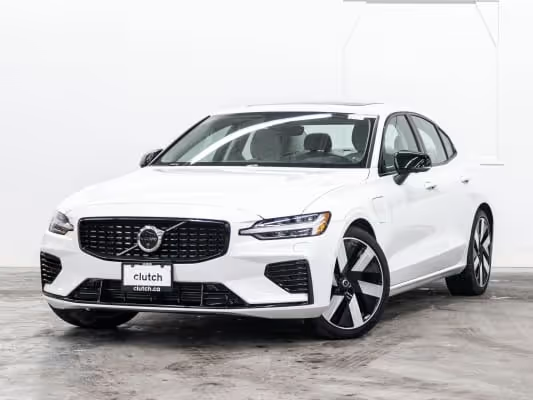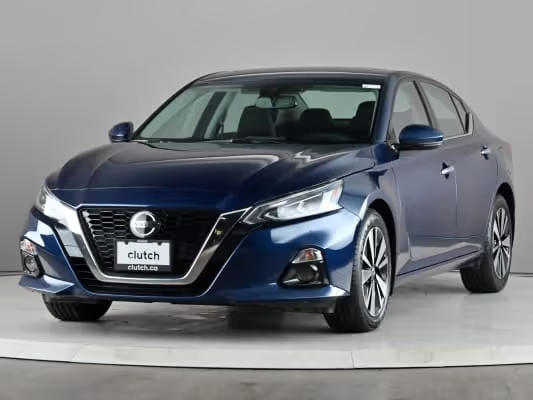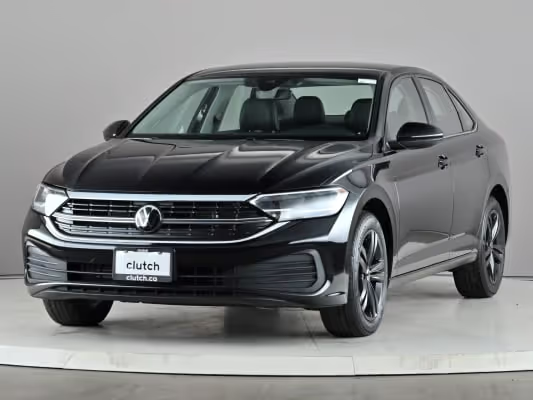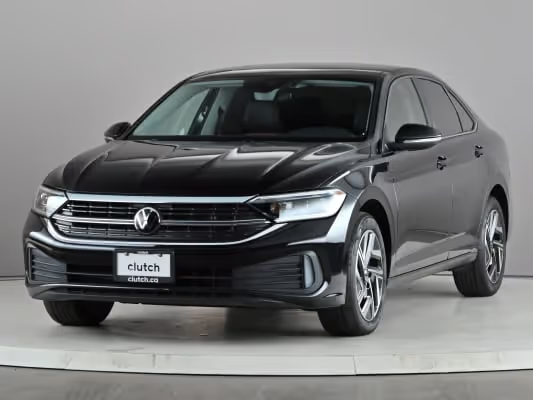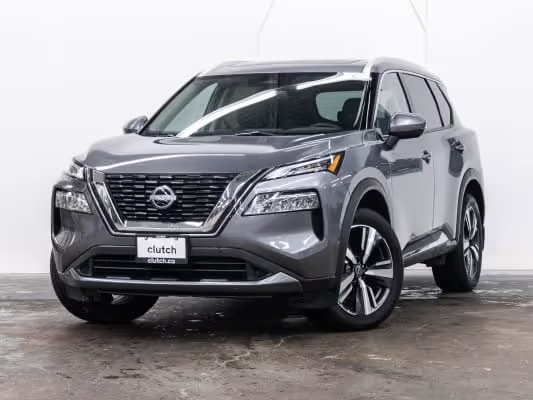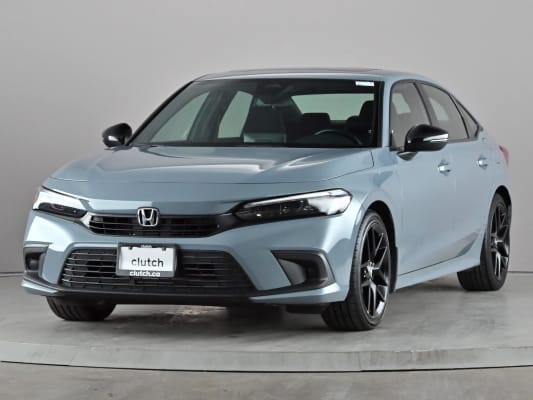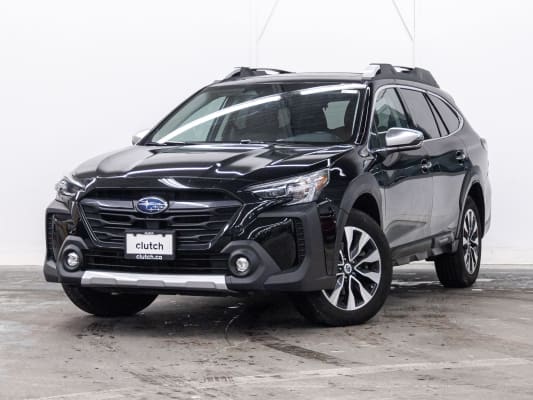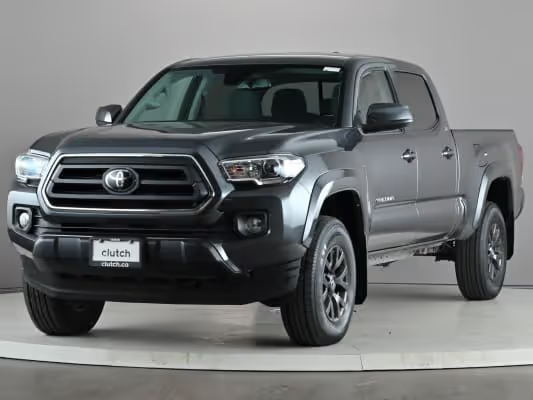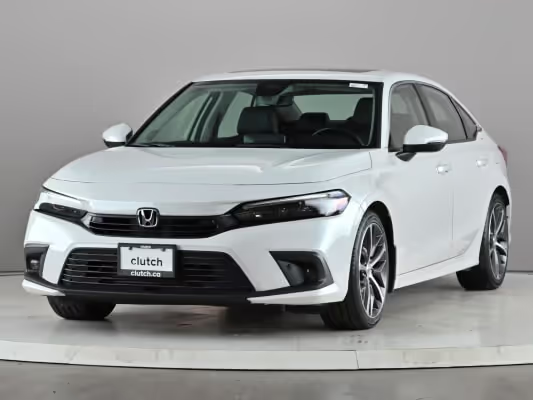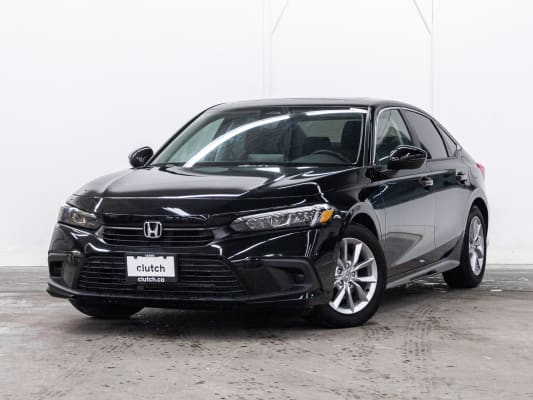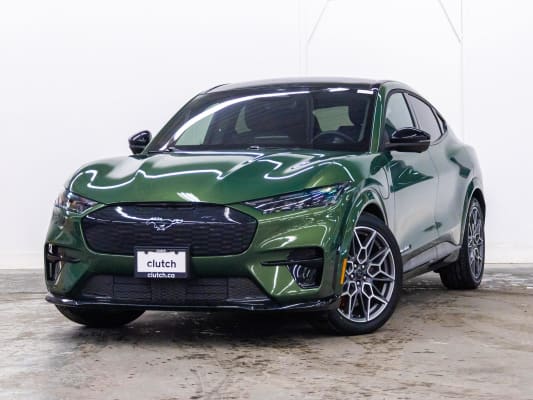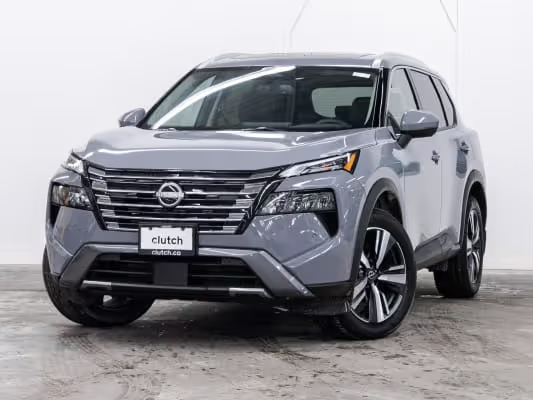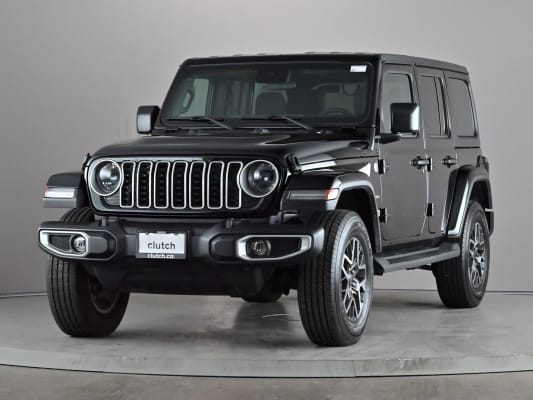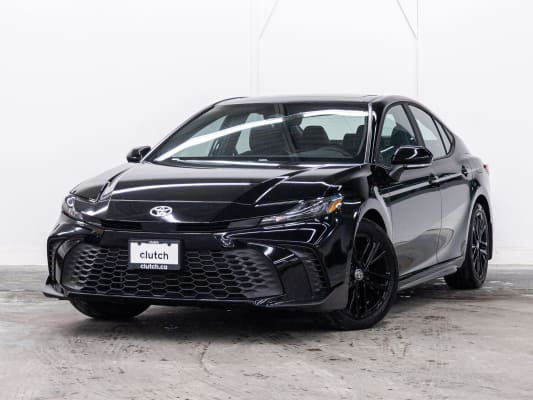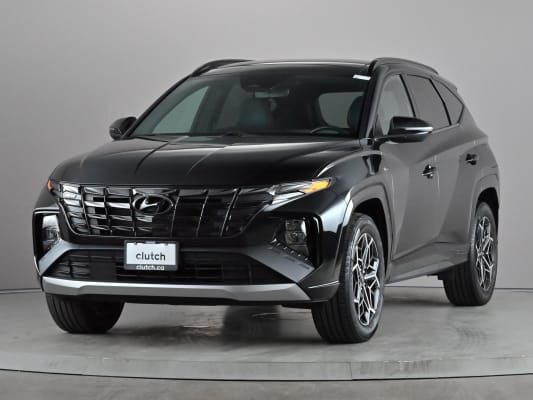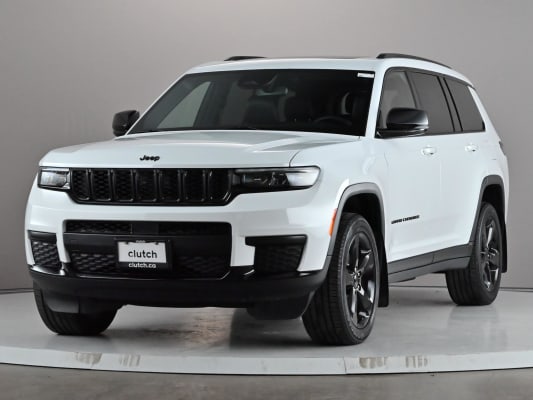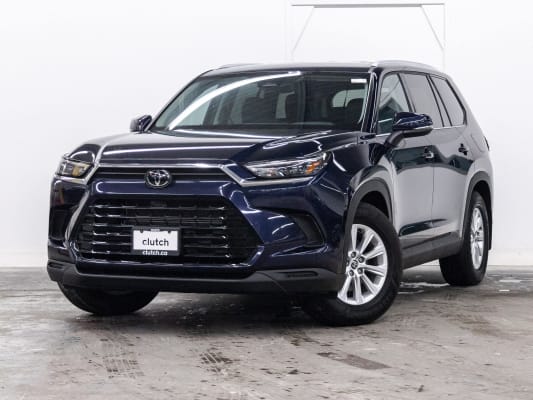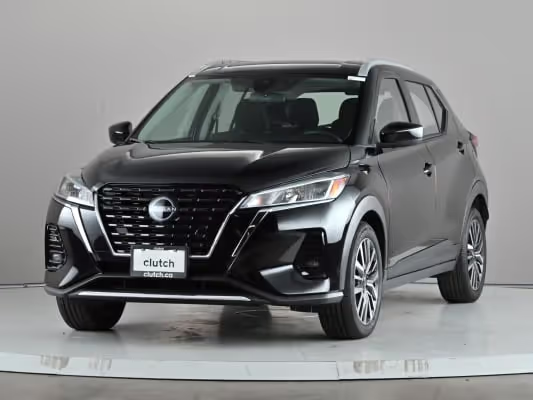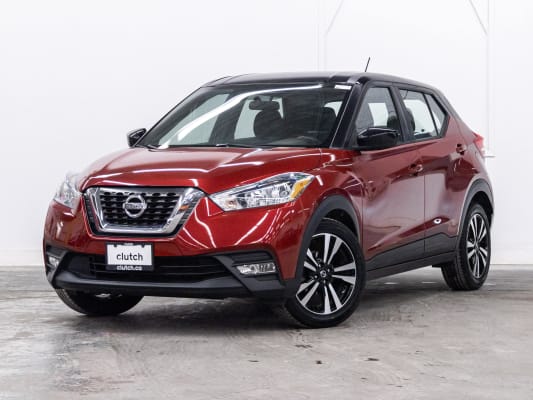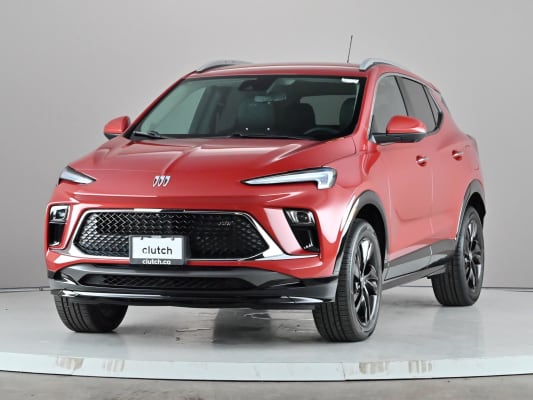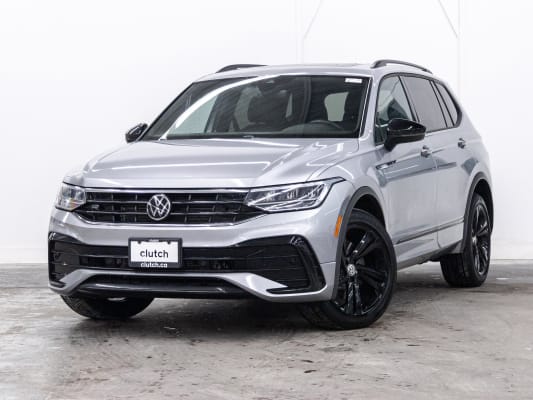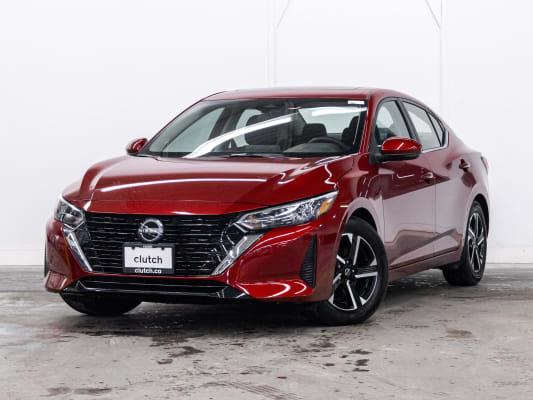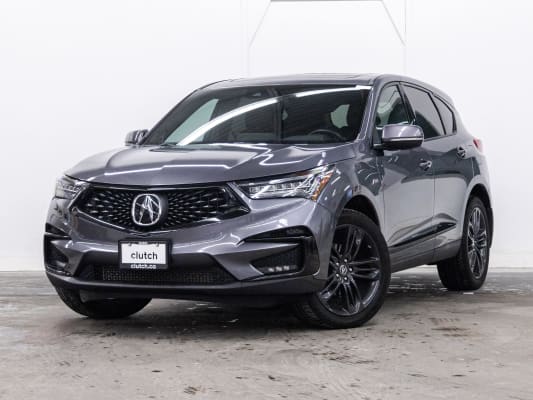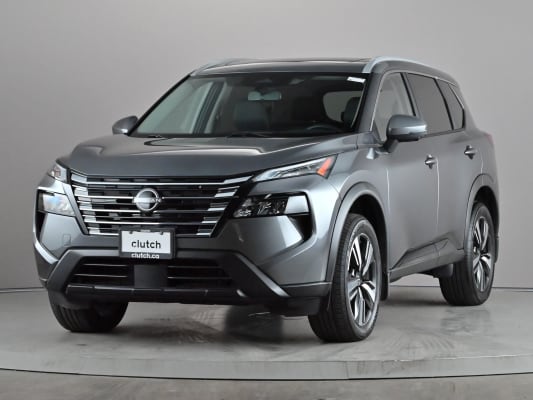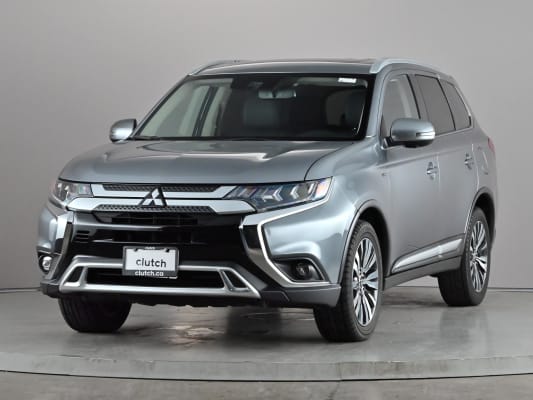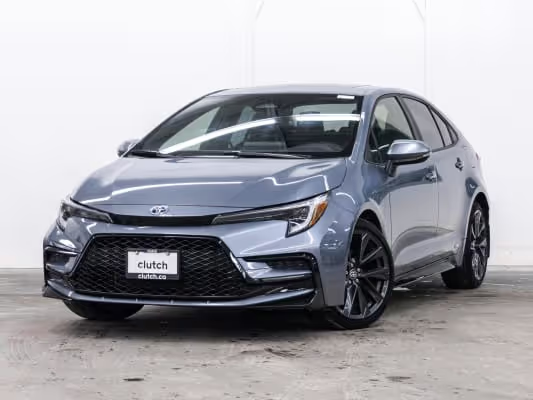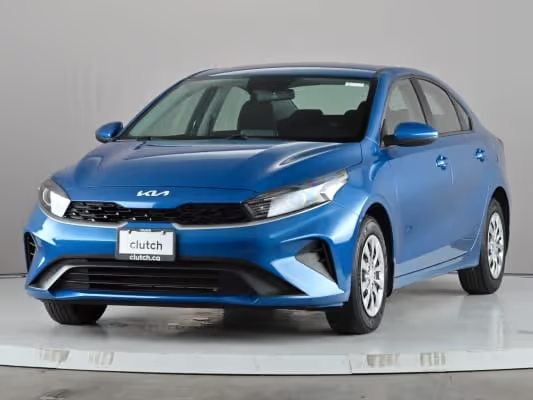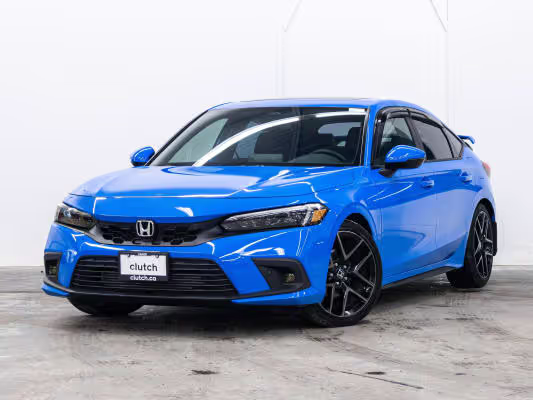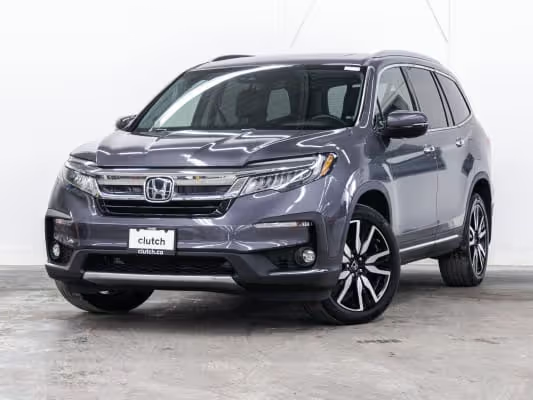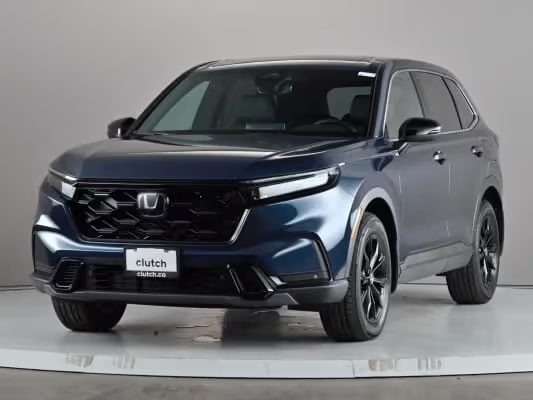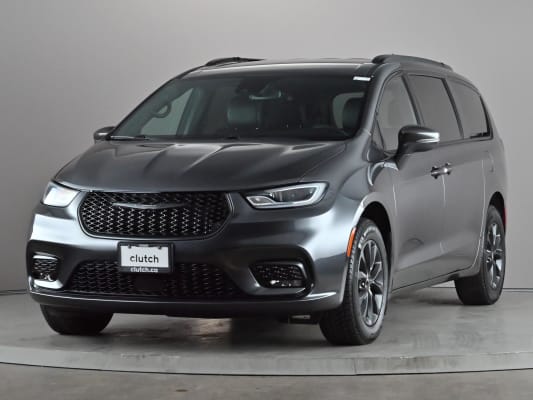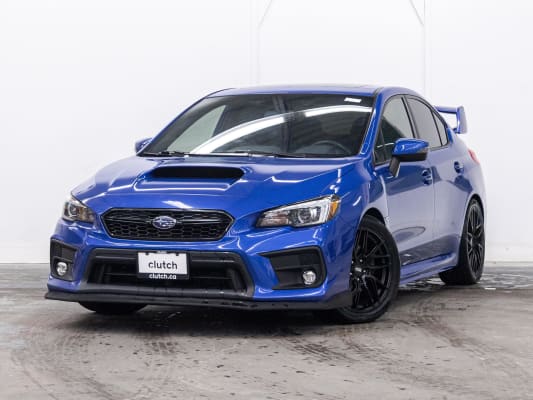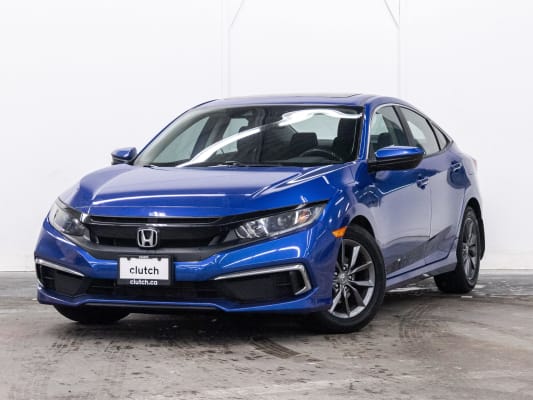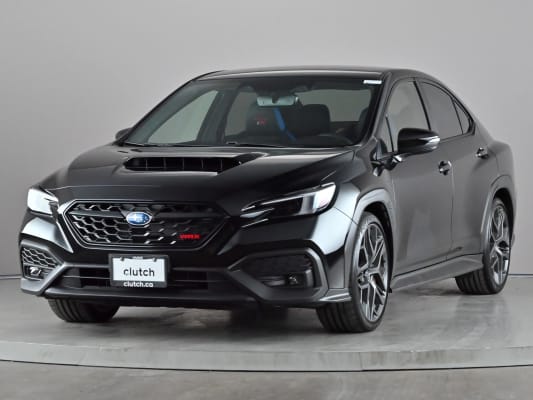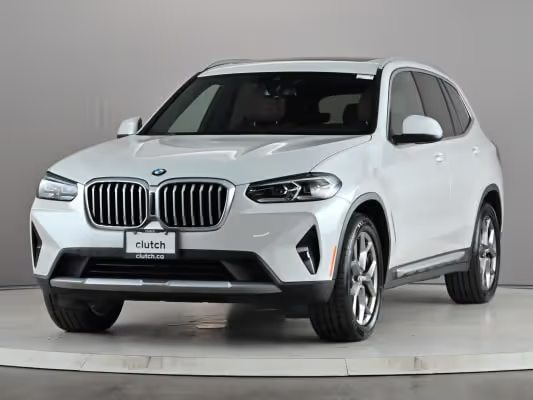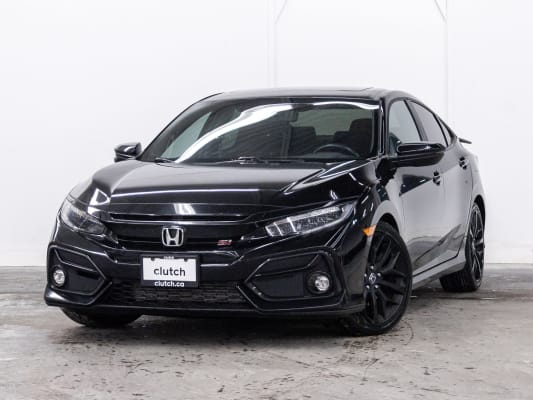The Honda Civic is one of Canada’s most trusted vehicles, known for its fuel efficiency, longevity, and affordable maintenance. For decades, it has been a go-to choice for students, commuters, and anyone looking for a dependable compact car.
But even the Civic has had a few model years that come with more problems than most buyers expect.
Some years have been marked by serious engine issues, transmission failures, or early design flaws that led to expensive repairs. Whether you’re shopping for your first car or upgrading to a newer model, it pays to know which Civic years are best left on the lot.
In this guide, we’ll walk you through the Honda Civic years to avoid based on owner complaints, recall data, and long-term reliability ratings. With the right information, you can avoid a costly mistake and find a Civic that delivers the dependable performance the brand is known for.
Which Honda Civic Years to Avoid
While most Honda Civics are dependable, the following model years have higher rates of serious issues and are best approached with caution, especially without proof of repairs.

2001 Honda Civic: Transmission Failures and Airbag Recalls
The 2001 model marked the start of the 7th-generation Honda Civic, but it came with several significant problems that make it one of the most commonly avoided model years by used car buyers in Canada. The biggest concern is widespread automatic transmission failure. Many owners reported rough shifting, slipping, and complete failure of the gearbox, often well before the 150,000 km mark.
In addition to drivetrain issues, this model year was part of the massive Takata airbag recall. The front airbags were prone to dangerous deployments, leading to serious safety concerns. While many of these recalls have been addressed, not all used models have received the necessary repairs.
Why It’s Risky:
- Transmission repairs are expensive and often not worth the investment on a car of this age.
- Airbag recall work may be incomplete, especially on vehicles without service documentation.
- Rust and body degradation are also common in Canadian climates, especially around the rear wheel wells.
Unless you find a meticulously maintained example with a manual transmission and full recall history, it’s best to skip the 2001 Civic altogether.
2006 Honda Civic: Cracked Engine Blocks and Coolant Leaks
The 2006 Honda Civic introduced the sleek and modern 8th generation, but it quickly became one of the most notorious Civic years due to a serious engine defect. Thousands of owners reported that the engine block could crack, leading to major coolant leaks, overheating, and eventual engine failure. This was not a minor issue—it often required full engine replacement.
Although Honda issued a technical service bulletin and extended the powertrain warranty for some affected vehicles, many Civics fell outside the coverage window, especially those purchased used or imported. The problem typically appears between 100,000 and 200,000 km, making it a major risk for buyers today.
Why It’s Risky:
- The engine block is prone to cracking, which can total the vehicle if unrepaired.
- Some cars were fixed under warranty, but many were not.
- Repair costs can reach thousands of dollars, often more than the car is worth.
Unless the seller provides clear documentation that the engine was replaced or repaired by Honda, the 2006 Civic should be approached with caution or avoided entirely.
2007 Honda Civic: Repeat Engine Block Issues
The 2007 Honda Civic continued the engine problems first seen in the 2006 model. Despite hopes that Honda had fixed the cracked engine block issue, many 2007 models suffered the same fate. The defect typically caused a sudden drop in coolant levels, engine overheating, and, in worst cases, total engine failure.
Honda extended the powertrain warranty to cover some of these issues, but many vehicles were never repaired. Buyers often encountered the problem after the extended warranty had expired or when purchasing the vehicle used without a clear service history.
Why It’s Risky:
- Cracked engine blocks remained a serious issue in this year.
- Warranty extensions did not cover all vehicles or second owners.
- Repairs are expensive and difficult to justify on a car of this age.
If you’re considering a 2007 Civic, make sure the seller provides proof of engine replacement or service from a certified Honda dealer. Otherwise, this model year could lead to steep repair bills.
2008 Honda Civic: Engine Problems Persist
By 2008, many expected Honda to have resolved the engine block cracking issue. Unfortunately, the problem still showed up in this model year. Although less widespread than in 2006 and 2007, enough cases were reported to raise concern. Cracks in the engine block can lead to coolant leaks, overheating, and in some cases, complete engine failure.
Many owners found themselves footing the repair bill if the car was out of warranty. Even vehicles that received warranty repairs sometimes developed repeat issues, making this year a gamble without thorough documentation.
Why It’s Risky:
- Engine block cracking still occurred, though slightly less frequently.
- Some vehicles had repeat failures even after warranty repairs.
- High risk if there’s no detailed service or warranty repair history.
If you’re looking at a 2008 Civic, verify that it’s had an engine block inspection or replacement. Otherwise, it’s safer to opt for a newer model with better reliability scores.
2009 Honda Civic: Premature Brake Wear and Suspension Noise
The 2009 Honda Civic fared better than its immediate predecessors in terms of engine issues, but it wasn’t without its flaws. This model year was frequently flagged for premature brake wear—some owners reported needing new pads and rotors well before 40,000 km. The cause was often linked to low-quality OEM components or uneven wear, leading to extra maintenance costs.
Another common complaint was suspension noise, especially from the front end. While not always serious, clunking or rattling sounds over bumps often pointed to worn bushings or stabilizer links that needed replacing earlier than expected.
Why It’s Risky:
- Brake components often wore out too early, adding to long-term ownership costs.
- Suspension issues created noise and sometimes affected ride comfort.
- Overall reliability was average, not great, for a Civic.
If you’re considering a 2009 Civic, check the brake and suspension history. A well-maintained model could still be a decent buy, but be cautious of high-mileage examples without recent repairs in these areas.
2012 Honda Civic: Cost-Cutting Compromises Hurt Quality
The 2012 Honda Civic marked the debut of a new generation, but it didn’t land well with critics or long-time fans. In a push to cut costs, Honda stripped down the interior quality and simplified the suspension. As a result, many drivers found the ride less refined and the cabin noticeably cheaper than earlier models.
Reliability was still decent overall, but the 2012 Civic took a hit in terms of owner satisfaction. Complaints often focused on excessive road noise, underwhelming build materials, and a lack of standard features compared to competitors. Honda responded by refreshing the Civic just one year later in 2013, which brought back some of the lost quality.
Why It’s Risky:
- Downgraded interior quality and fewer standard features
- Rougher ride due to a simplified suspension design
- Lower resale value and owner satisfaction compared to other Civics
If you’re browsing early 2010s Civics, the 2012 model is usually best to skip in favour of the much-improved 2013 version.
2016 Honda Civic: Promising Redesign, But First-Year Woes
The 2016 Civic kicked off the 10th generation with a bold new look, a more upscale interior, and the introduction of a turbocharged engine. It was an exciting leap forward—but as with many first-year redesigns, it came with growing pains.
Early production models were plagued by several issues. Owners reported problems with the infotainment system freezing or rebooting randomly, faulty climate control sensors, and electronic parking brake malfunctions. Some turbocharged models also experienced oil dilution, where fuel mixed with engine oil under certain driving conditions, especially in colder climates.
While most of these issues were addressed in later model years, the 2016 Civic remains one of the more problematic years in recent memory.
Why It’s Risky:
- Infotainment glitches and touchscreen lag
- Reports of oil dilution in turbo models
- First-year redesign bugs across multiple systems
If you’re interested in a 10th-gen Civic, the 2017 or 2018 versions are generally safer bets with improved reliability and refined features.
2022 Honda Civic: New Generation, Some Growing Pains
The 2022 Civic launched the 11th generation with sleeker styling, improved tech, and a more mature driving experience. While it’s largely a strong entry, its first-year status means some owners reported early hiccups.
Common complaints include glitches with the new infotainment system, such as slow startup or unresponsive screens, and a few isolated reports of rattles or build quality inconsistencies in early production models. The new 2.0L engine also received mixed feedback for underwhelming performance compared to the previous turbocharged options.
Although these aren’t dealbreakers for most buyers, it’s a good idea to ensure any used 2022 Civic you’re considering has had software updates and doesn’t show signs of early wear.
Why It’s Risky:
- First-year bugs with new tech and electronics
- Mixed feedback on base engine performance
- Some build quality concerns on lower trims
If you want the latest-gen Civic, 2023 and newer models tend to offer a more polished experience.
Thinking About Buying One of These Years? Read This First
Not every Civic from a “problem year” is automatically a bad buy. Some may have had key repairs completed or were meticulously maintained by previous owners. If you’re considering one of the years listed above, here’s how to reduce your risk:
Review the Service History
Look for regular oil changes, completed recalls, and major repairs like transmission or engine work. A well-documented service history is often a sign of responsible ownership.
Get a CARFAX or Similar Report
This will flag important details like accident history, odometer rollbacks, provincial registration (e.g., flood or salvage titles), and any outstanding recalls.
Book a Pre-Purchase Inspection
A licensed mechanic can assess the vehicle’s engine health, suspension, transmission function, and potential rust issues, especially helpful for spotting deferred maintenance.
Ask Specific Questions
If you’re buying from a private seller or smaller dealership, ask if the car uses oil between changes, how it drives on the highway, and if they’ve experienced any major repairs.
Bottom line: you can find a solid Honda Civic even in a flagged model year, but it takes extra care and due diligence to avoid expensive surprises.
Looking for the Most Reliable Civic Years Instead?
If you’d prefer to focus on the safest bets, check out our guide to the best Honda Civic years to buy used. It highlights the top-performing model years based on long-term reliability, owner satisfaction, and overall value.
{{inlinecta2}}
The Bottom Line on Civic Reliability
The Honda Civic remains one of Canada’s best used vehicles, thanks to its reputation for dependability, fuel economy, and practicality. But like any long-running model, a few years come with recurring problems that are worth avoiding. From transmission issues in the early 2000s to CVT quirks in some 10th-gen models, knowing what to watch out for can help you buy smarter.
At Clutch, every used Civic is carefully inspected, reconditioned, and backed by a 10-day money-back guarantee. You’ll also get a free CARFAX report and a 210-point inspection for added peace of mind.
Start browsing today and find a Civic that’s ready for the road ahead.
{{widget-1}}
FAQs About Honda Civic Years to Avoid
Which Honda Civic years should I avoid?
Commonly flagged years include 2001 (transmission issues), 2006–2008 (cracked engine blocks), 2009 (premature brake wear), 2012 (reduced interior quality), 2016 (first-year redesign bugs), and 2022 (early production glitches). You can read full details in the guide above.
Is it safe to buy a 2006 or 2007 Honda Civic?
These years are known for engine block cracking, which can lead to major repairs. Unless the engine has been replaced or documented repairs have been done, it’s best to avoid them.
Are newer Civics more reliable?
Yes, Civics from 2018 onward are generally very reliable. Honda addressed many of the issues from earlier generations.








